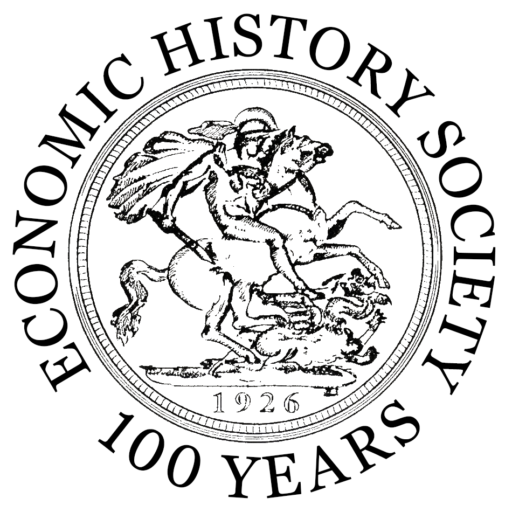Golden weapons and golden fetters: From the gold standard to the new geopolitics
Log in to access the full article.
This paper explores the historical relationship between monetary regimes, security concerns, and geopolitical tensions, particularly focusing on the role of gold. Throughout history, monetary systems have been deeply intertwined with international state systems and security provisions. Credibility in monetary regimes is affected by security challenges, often resulting in major systemic restructuring. In the past, military spending and security considerations have often driven debt-financed expenditure and influenced the choice of monetary policies. After the mid-twentieth century, as non-military (socially driven) government expenditure rose, the old considerations faded, but reemerged in the early twenty-first century. The paper then addresses the weaponization of the dollar and the resurgence of gold as a strategic reserve asset in the face of geopolitical tensions, depolarization efforts, and concerns about asset seizure. The analysis finally investigates how deep-seated beliefs and historical traumas shape the monetary and geopolitical landscapes.

